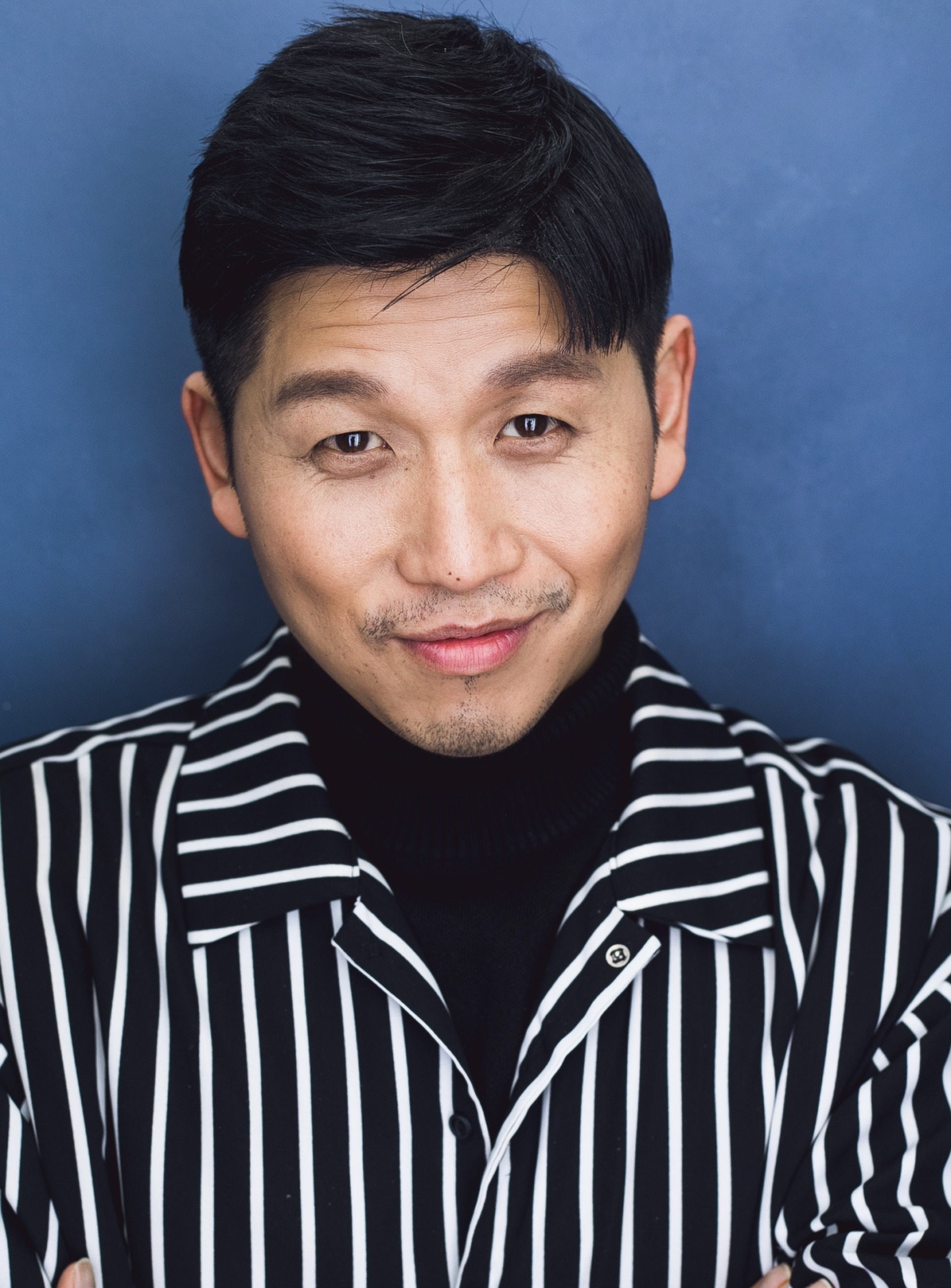We caught up with the brilliant and insightful Keeyong Hong a few weeks ago and have shared our conversation below.
Keeyong, thanks for joining us, excited to have you contributing your stories and insights. We’d love to hear about when you first realized that you wanted to pursue a creative path professionally.
I had many opportunities to perform in church during Easter, Thanksgiving, and Christmas. I was really interested in it. When I was in 5th grade, I participated in a musical performance, playing a small role in a story about Joseph. I learned to dance and sing with my friends, and looking back, it made me very happy.
My director, Mrs. Kim, once told me that I had talent. As a young boy, that compliment motivated me to work harder, and I was eager to perform.
As time passed and I entered college, I joined a campus ministry group called CCC (Campus Crusade for Christ). During the summer, there was a nationwide retreat for college students, with approximately 10,000 people gathering. Our school wanted to participate, so my friends and I formed a group to promote the retreat. We recreated a popular comedy program and performed on stage like comedians. I was both nervous and excited.
After our performance, one of the seniors who watched us told me, “That’s a real talent.” Her words made me think—Do I really have talent? Is this a gift? I took it seriously because I was majoring in engineering at the time.
In Korea, all men are required to serve in the military for two years, regardless of their career path. During my service, I thought deeply about my future and prayed about it. Eventually, I made the decision to become an actor. While still in the military, I started preparing to apply for a theater program. Of course, I failed.One of my senior officers in the military told me, “I have a good friend who owns a musical theater company. If you’re interested, I can introduce you.” Without hesitation, I said yes. After completing my service, I went for an interview—and that’s how my artistic journey began.
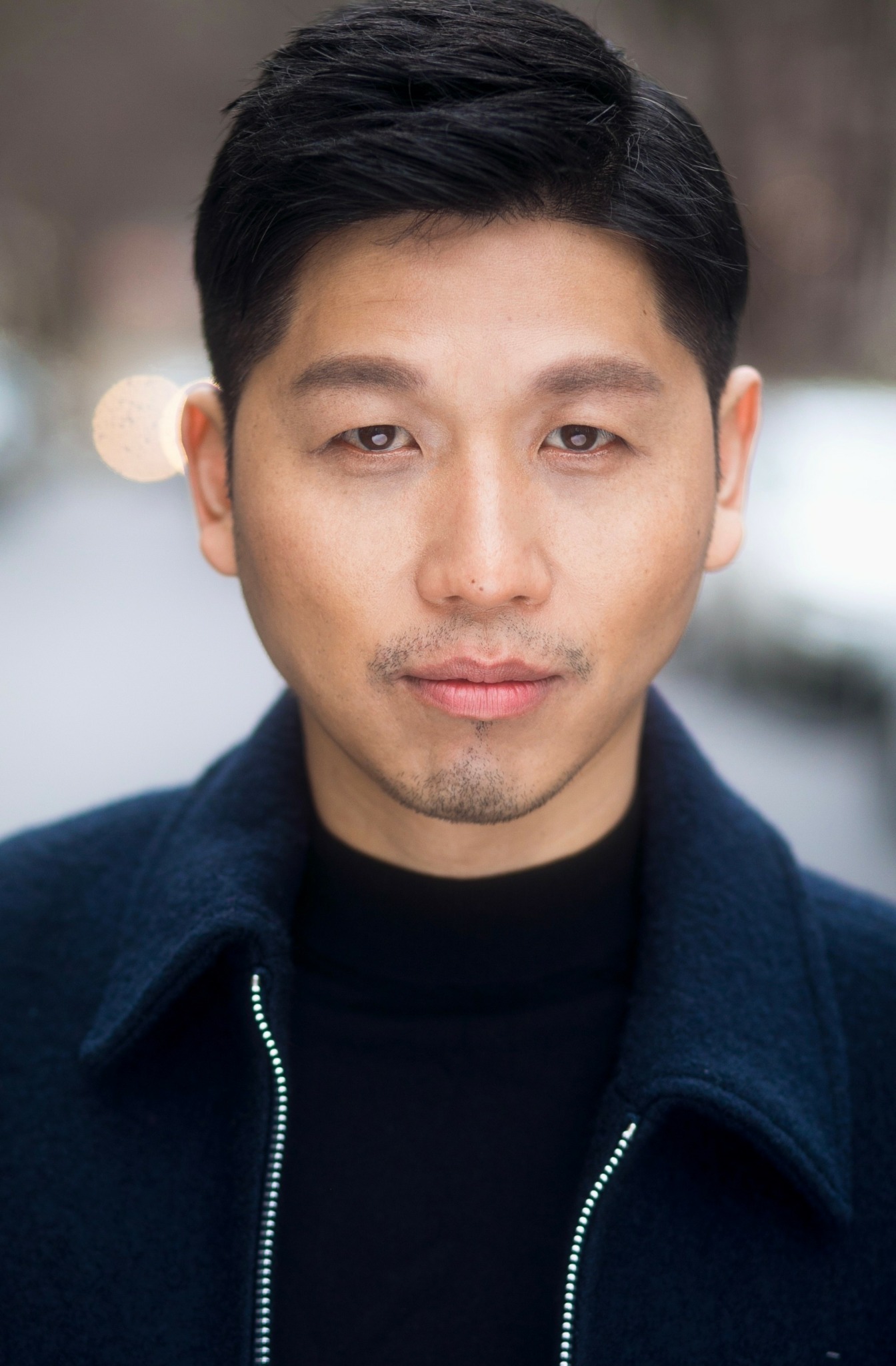
Keeyong, before we move on to more of these sorts of questions, can you take some time to bring our readers up to speed on you and what you do?
I’m Korean and currently living in New York. I studied engineering in college. In Korea, following the safe path is often considered better than pursuing your dreams. People tend to avoid taking risks, and I was no different. However, the experiences from my childhood and college years that I mentioned earlier were something I couldn’t ignore. So instead of following my mind, I followed my heart—and that led me to become an actor and director.
I founded my company, Pontifex Production. The word Pontifex means “bridge-builder” in Latin. Through my creative work in theater and film, I aim to bridge the gap between Korea and the U.S. Furthermore, I want to play a role in connecting the world through theater and film, helping people understand one another. Since theater and film carry cultural significance, I believe they have the power to foster deeper connections.
To me, art goes beyond culture—it transcends boundaries and speaks to a universal human experience. I believe that through art, people become more interested in others beyond themselves, broadening their perspectives from their own communities to their neighbors and, ultimately, to the world.Living in this world can sometimes feel cold, but if we show even a little more interest in others, I believe we can make it better than it was yesterday.
Last year, I acquired the performance rights to one of Korea’s award-winning plays, American Father. It was written by a Korean playwright and tells a story set during the 9/11 attacks. When I first read it, I couldn’t believe it was written by a Korean writer—the characters, the given circumstances, and the details were incredibly vivid, and the message was powerfully moving. If this work remains only in Korea, people outside the country will never get to experience its worldview. I see it as my job to bring such stories to a wider audience.
Another project I’m working on is a story I’m writing myself. It’s about a North Korean girl who escapes her homeland and becomes a political influencer in the U.S. The title is Lobbyist. As we know, many countries engage in power struggles when they believe they are strong. I see politics as an expanded version of human nature—what happens in a small-scale survival game among individuals plays out on a much larger scale in international affairs. My script explores these ideas with a critical perspective on how nations and people compete for dominance.
This project will likely take a long time, as I’m developing it as a drama series. However, I’ve already completed the content for each episode.
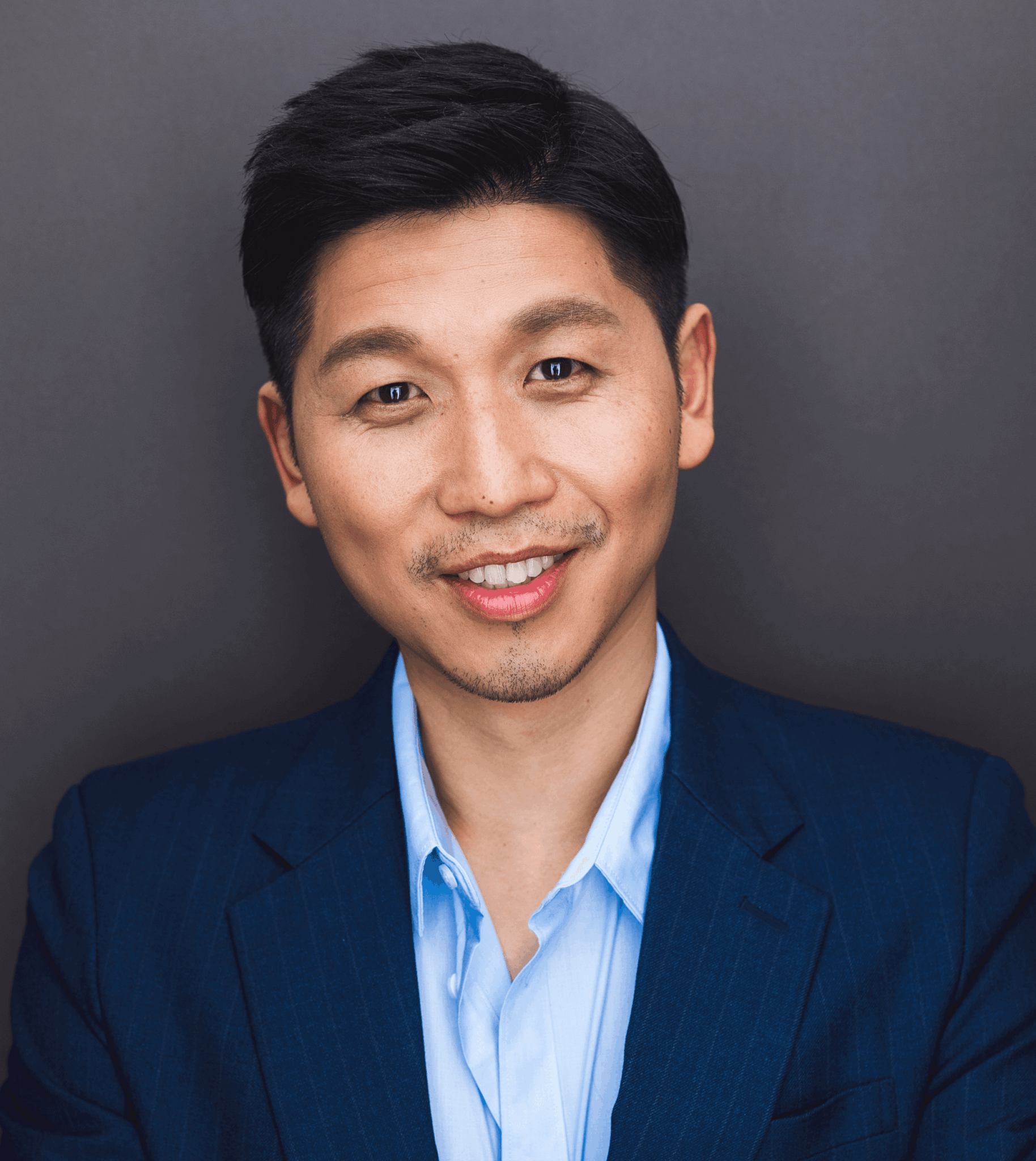
How about pivoting – can you share the story of a time you’ve had to pivot?
The electrifying thrill I felt when I first experienced acting still drives me to stand on stage and in front of the camera today. The excitement and nervousness before a performance, followed by the overwhelming applause at the end, are, I believe, what give actors the greatest strength.
As I pursued acting as a profession, I found myself drawn to a wide range of subjects. This is natural—characters written by playwrights each hold their own philosophies and perspectives. Through working on different productions, my own worldview expanded, and at the same time, I became more interested in others. I consider this one of the greatest strengths I’ve gained from spending ten years in theater.
South Korea is a country with a notably low happiness index. One clear indicator of this is its consistently high suicide rate, ranking among the highest in the world. It is heartbreaking that a nation ranked among the world’s top ten economies still faces such a grim reality. Had I continued my life as an engineer, as I originally studied to be, I might have only encountered these issues as passing news headlines. But as an artist, my perspective has changed.
I began to develop a deeper awareness of societal issues when certain events caught my attention—headlines about the Cheonan naval ship incident, celebrity suicides, and the chilling serial murders committed by Yoo Young-chul. These tragedies, which once felt distant and unrelated to me, began to feel personal, as if they were my own stories. And this realization inevitably found its way into my theater work.
The question that haunted me was: Why do we, as a society, turn a blind eye to these issues? For instance, I remember hearing the heartbreaking news of a young girl who had always been a top student but took her own life after receiving a disappointing test score. And then there were the cruel, thoughtless words often said to those struggling with suicidal thoughts: “If you have the strength to die, use it to live instead.”
With these thoughts in mind, I created a production titled A Toast to Your Suicide, marking my transition from actor to director. I strongly believe that other people’s problems should become our problems.
In the Bible, God repeatedly sent prophets to the Israelites, but they closed their ears and covered their eyes. Ultimately, Christ Himself incarnated and lived among them, bringing salvation. I do not see myself as a savior, but I do want to raise my voice—no matter how small—so that these issues are no longer ignored.
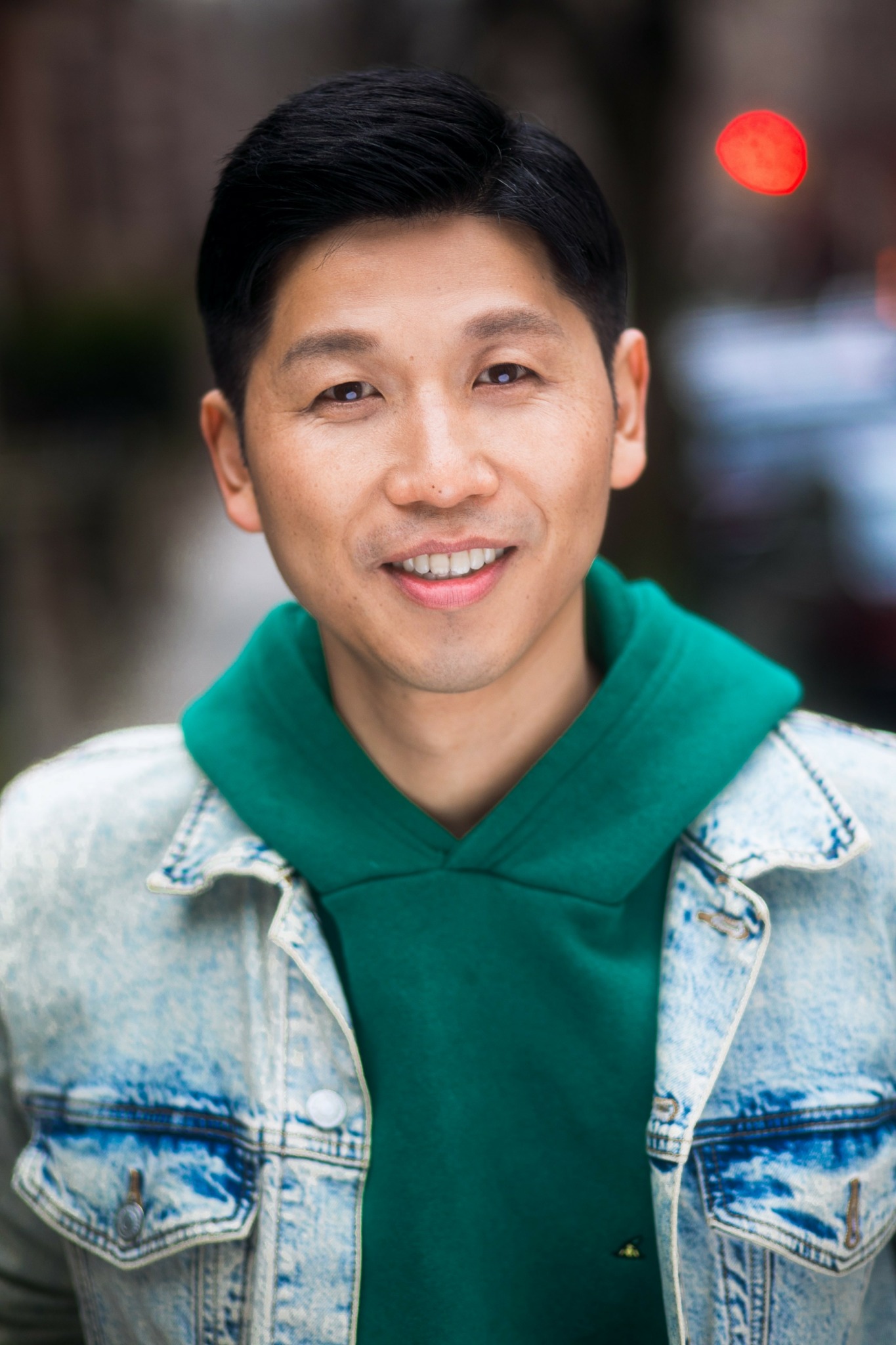
How can we best help foster a strong, supportive environment for artists and creatives?
The top priority should be for producers of theater and film to approach their work as an art form rather than merely an industry focused on profit. Audiences can only choose from the products that are made available to them—they do not have the ability to create them. This is why it is crucial to provide a diverse range of works.
A close example is Broadway, where entertainment is the primary focus. This is not to say that the enjoyment of theater should be diminished, but I believe a performance should offer something beyond mere entertainment. In my view, watching a film or a play should leave an impression similar to reading a book—it should provide a meaningful experience that lingers in the audience’s mind.
Ideally, a film or play should bring even a small change to the audience’s perspective and, ultimately, their lives. For instance, if someone watches a film about war, they should walk away not only with the thrill of battle scenes but with an understanding of war’s devastating aftermath—famine, separation from loved ones, and lingering trauma. These impressions should shape their thoughts, influence their actions, and, in turn, contribute to a healthier society.
For this reason, major entertainment hubs such as Hollywood, Broadway in New York, and the West End in London should continue to produce a wide variety of works—ones that entertain but also challenge, inspire, and carry meaningful themes.
Contact Info:
- Instagram: https://www.instagram.com/keeyong1/
- Linkedin: https://www.linkedin.com/in/keeyong-hong-415b202a4/
- Other: Company Instagram Pontifex Production
https://www.instagram.com/pontifexproduction/
Email
[email protected]
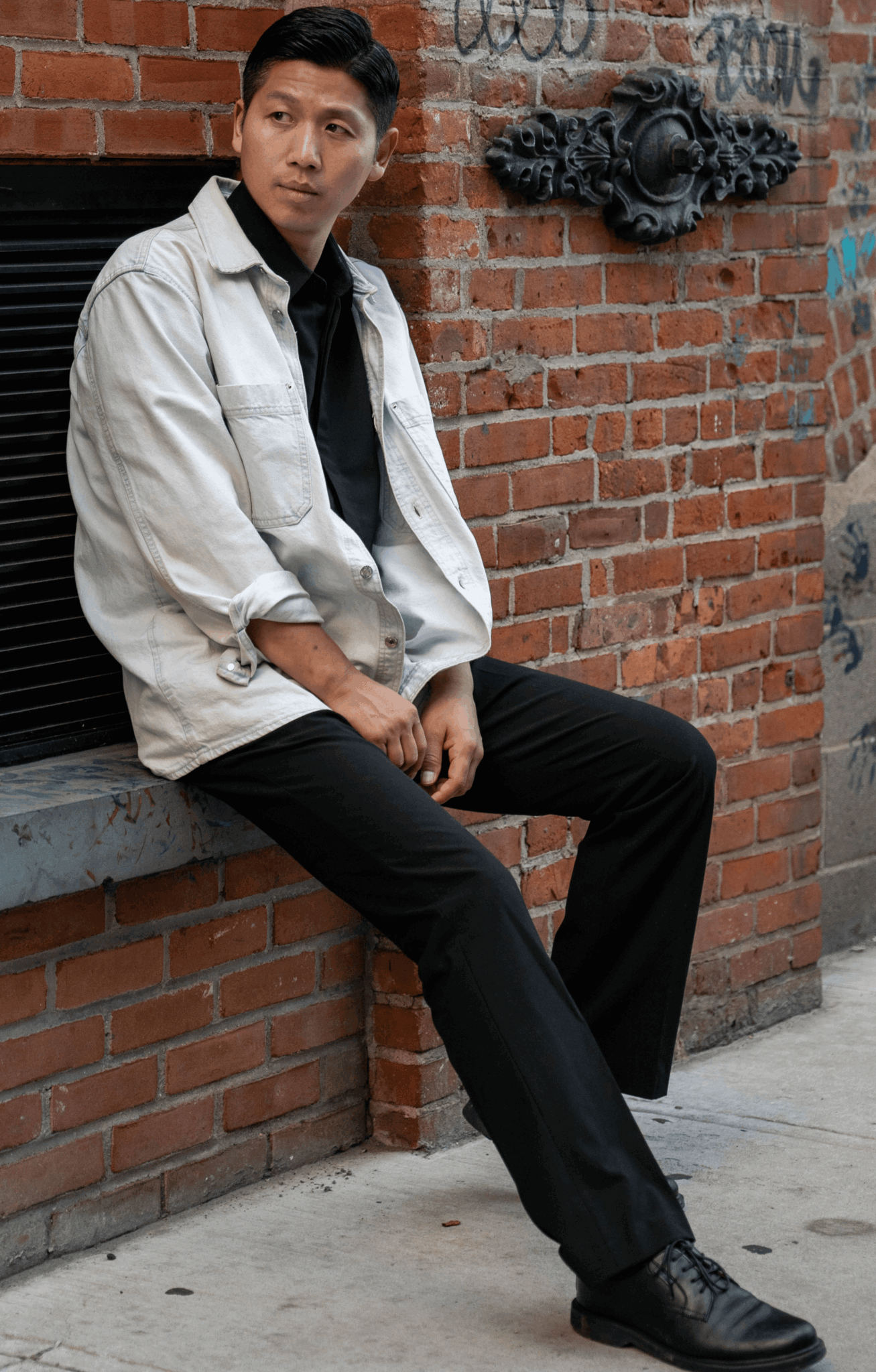
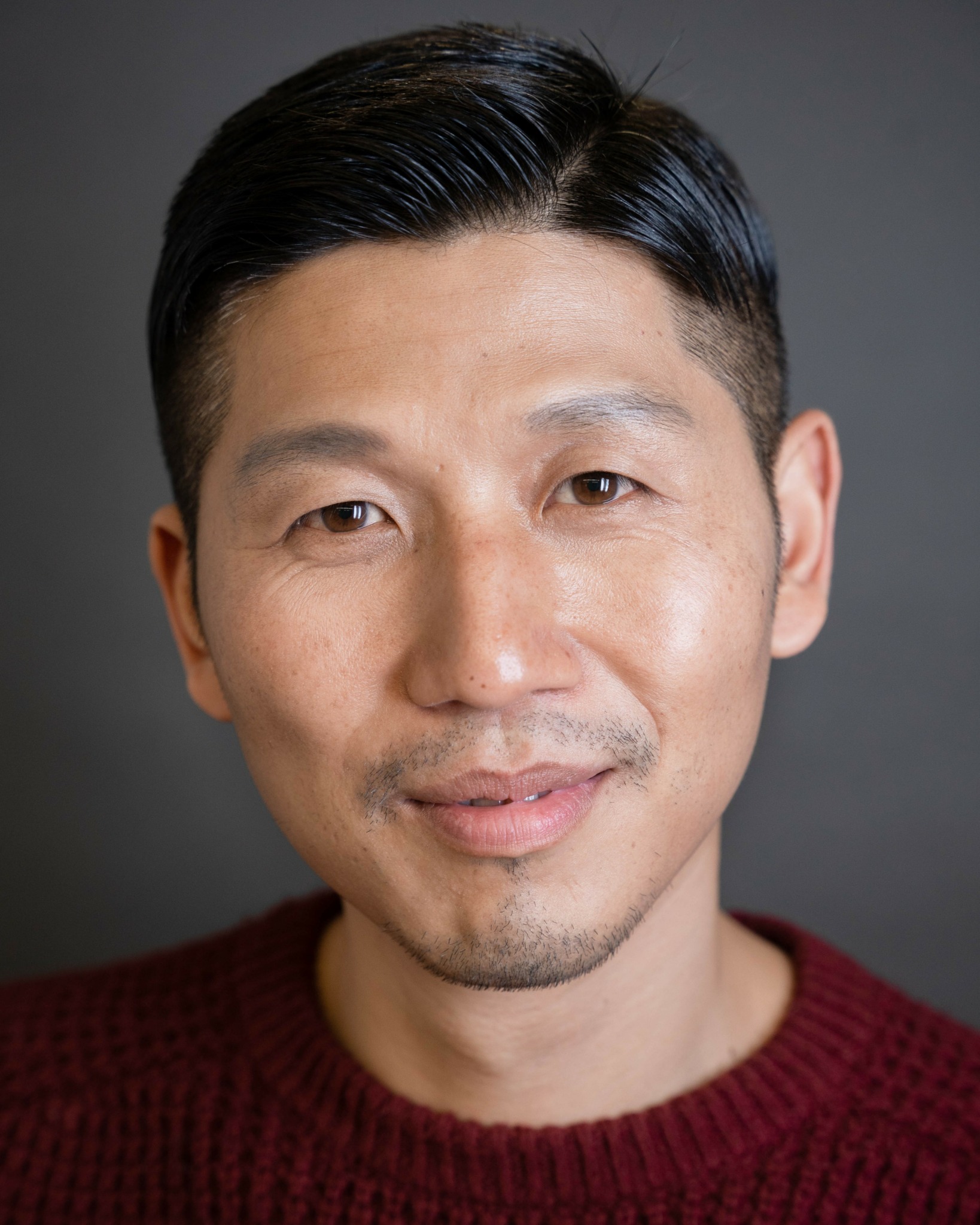
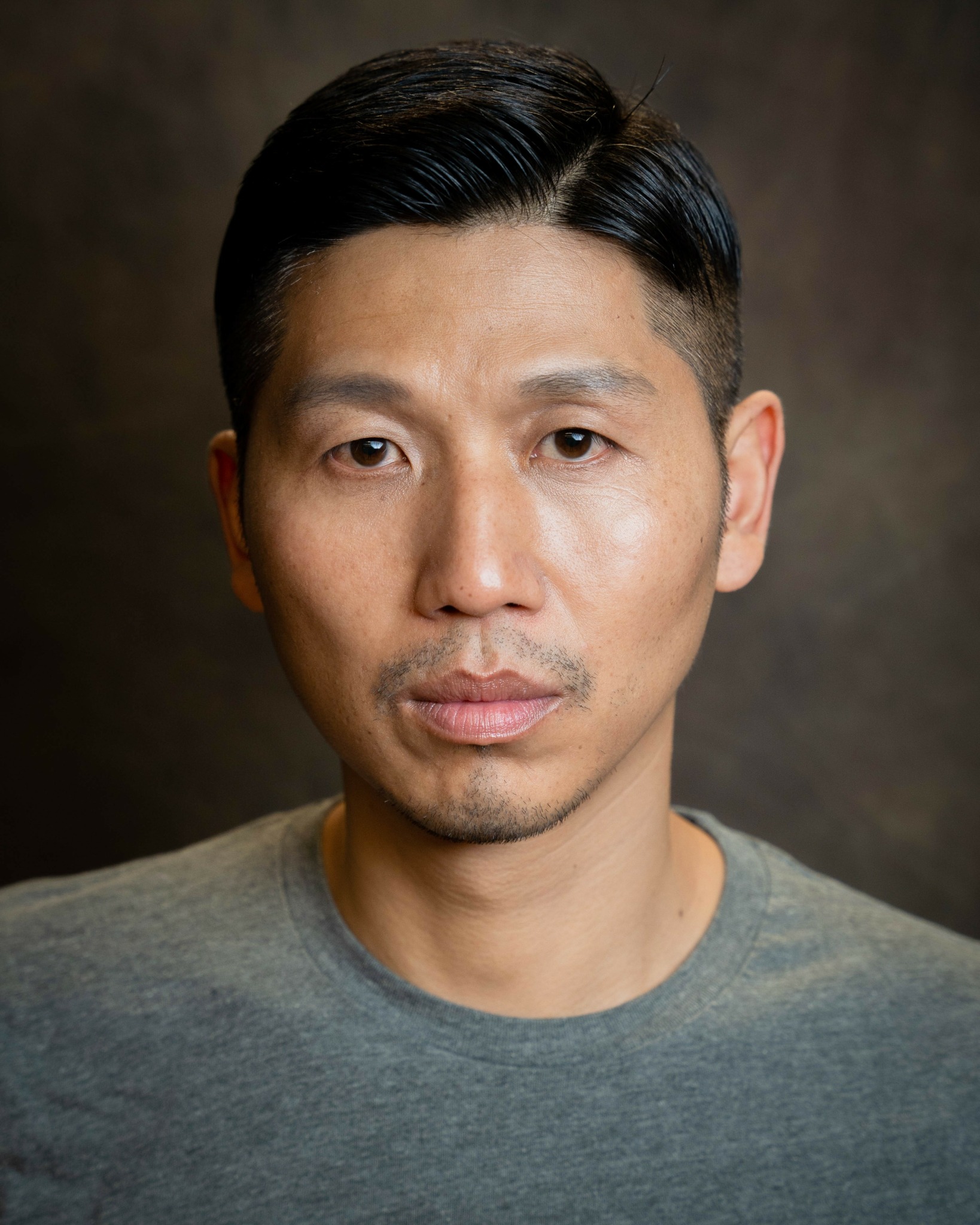
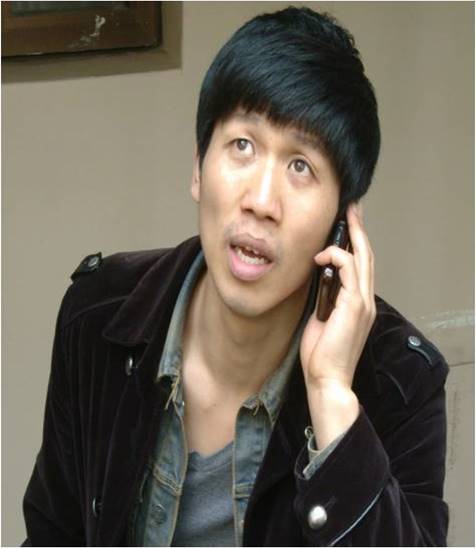
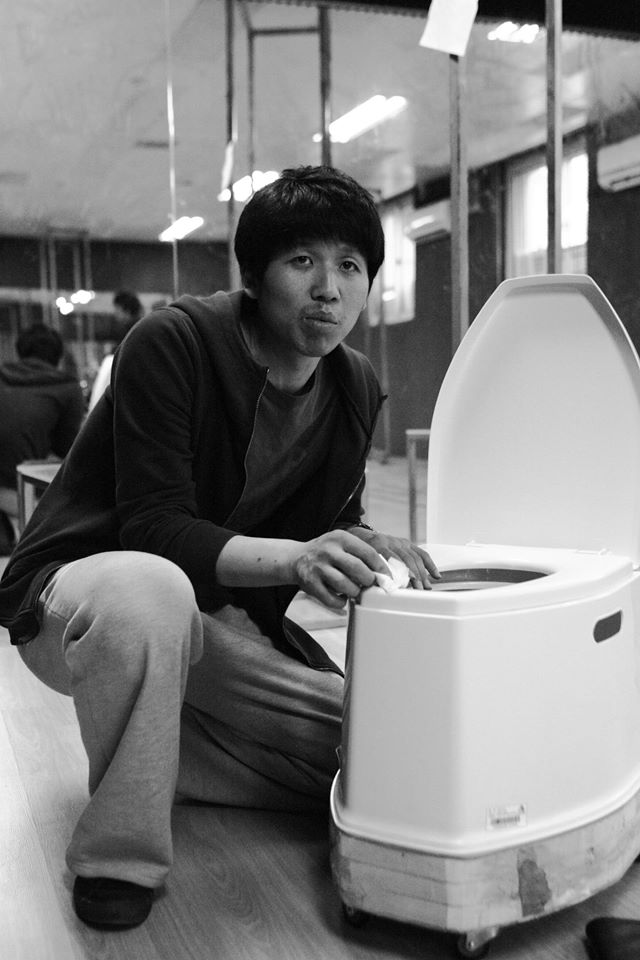
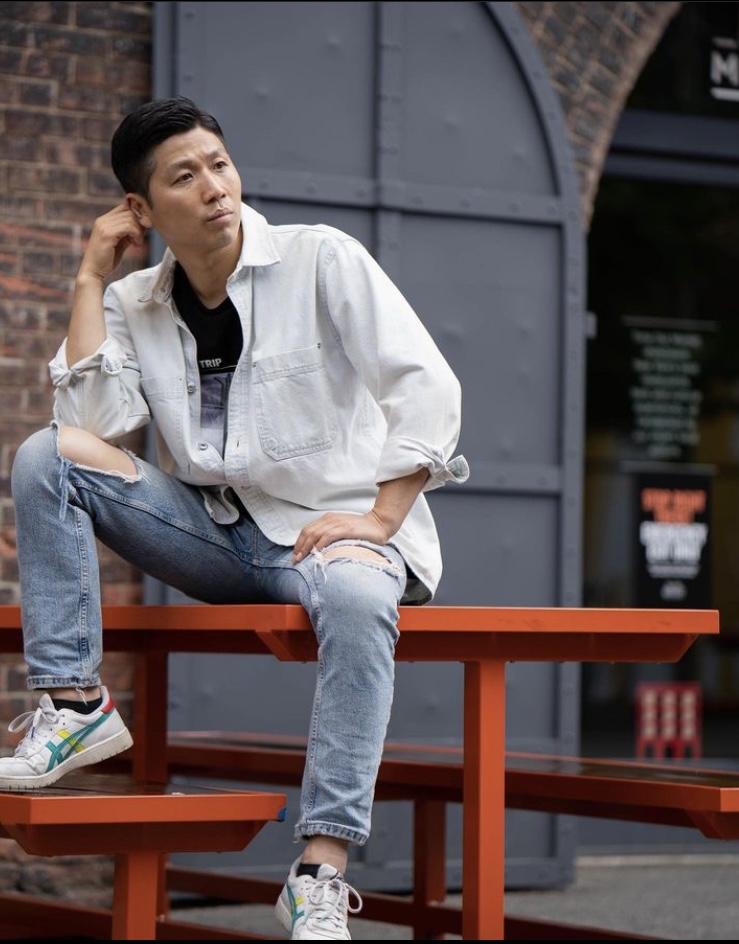
Image Credits
Keeyong Hong Headshot ,film, theater, and modeling


